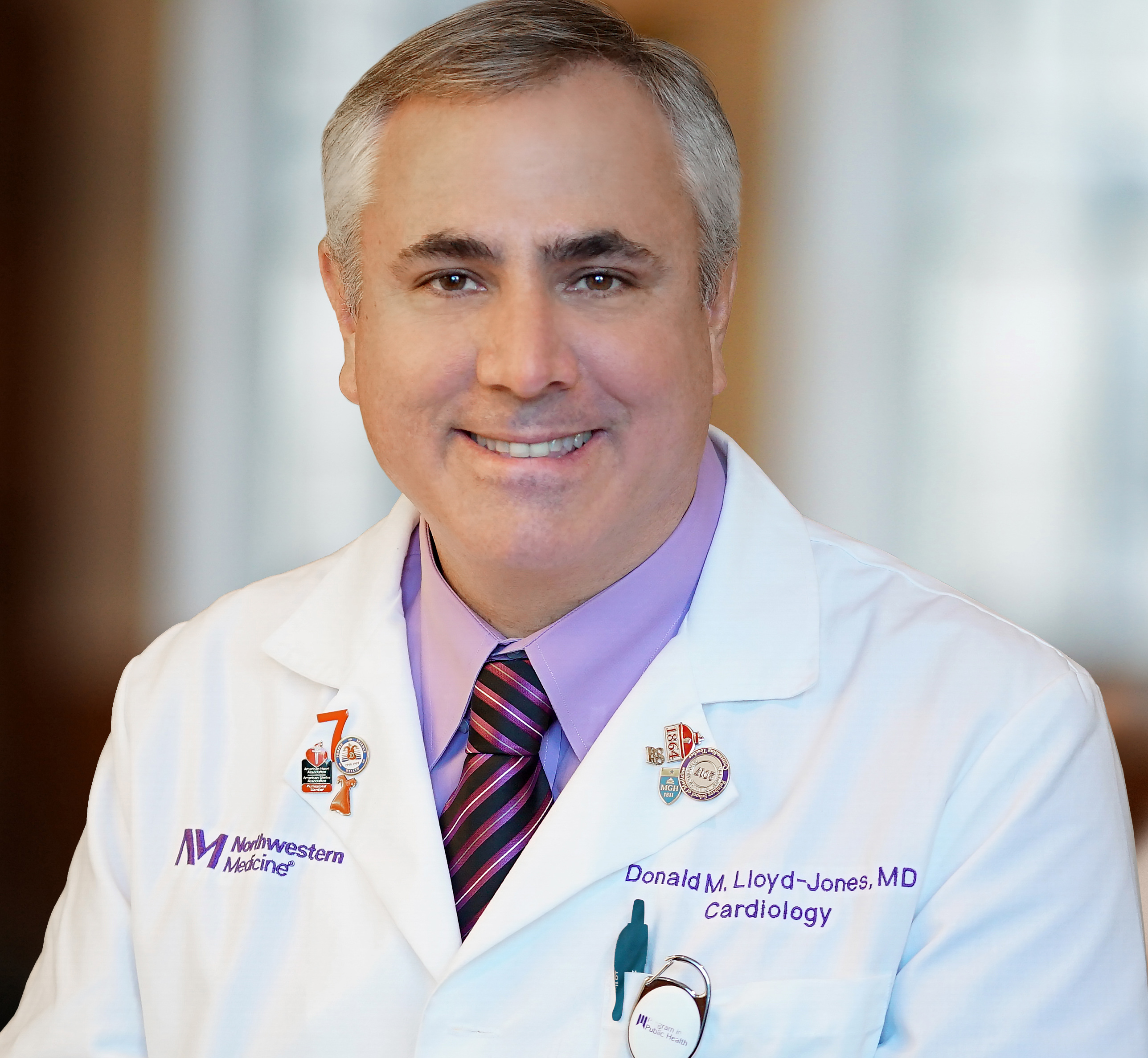Heart disease likely to remain #1 killer in U.S. indefinitely due to long-term COVID-19 impact
[ad_1]
For Immediate Release
(NewMediaWire) – July 21, 2021 – DALLAS – Heart disease and stroke continue to kill more people in the U.S. than any other cause, despite, and likely even due to, the impact of the deadly COVID-19 pandemic last year, according to new provisional data released today from the U.S Centers for Disease Control and Prevention. That trend is likely to continue for years to come as the long-term impact of the novel coronavirus will directly affect cardiovascular health, according to the American Heart Association, the leading global volunteer organization dedicated to fighting heart disease and stroke for all.
 COVID-19 has taken a huge toll worldwide and is now officially ranked as the third leading cause of death in the U.S. in today’s report. Heart disease remains at the top spot and stroke remains at #5. However, the influence of COVID-19 will directly and indirectly impact rates of cardiovascular disease prevalence and deaths for years to come, according to Donald M. Lloyd-Jones, M.D., Sc.M., FAHA, president of the American Heart Association
COVID-19 has taken a huge toll worldwide and is now officially ranked as the third leading cause of death in the U.S. in today’s report. Heart disease remains at the top spot and stroke remains at #5. However, the influence of COVID-19 will directly and indirectly impact rates of cardiovascular disease prevalence and deaths for years to come, according to Donald M. Lloyd-Jones, M.D., Sc.M., FAHA, president of the American Heart Association
“Research shows that COVID-19 can cause heart and vascular damage directly. But the indirect effects of the pandemic can affect overall cardiovascular health as well, because most heart disease and stroke deaths are preventable with appropriate medical treatment and healthy lifestyle behaviors,” said Lloyd-Jones, an epidemiologist and chair of the department of preventive medicine at Northwestern University Feinberg School of Medicine in Chicago. “We’d made tremendous progress in those areas over the last two decades but have seen much of that progress go out the window since COVID-19 hit.”
Unhealthy eating habits, increased consumption of alcohol, lack of physical activity and the mental toll of quarantine isolation and even fear of contracting the virus in health care settings, all can adversely impact a person’s cardiovascular risk, he emphasized.
- Unhealthy lifestyle behaviors: During extended periods of quarantine, many people developed or returned to behaviors that can elevate risk for heart disease including: poor eating habits and lower quality diets, increased alcohol consumption, changes in work/sleep habits and lack of regular exercise. In addition, the mental stress of social isolation and excessive sedentary screen time could also contribute to heart disease and stroke risk.
- Missed medical visits: Many patients postponed regular doctor visits for the management of their chronic conditions such as hypertension, coronary heart disease, diabetes and high cholesterol, resulting in an epidemic of poorly controlled conditions that can increase the risk of heart attack or stroke, and could persist for years to come if not brought back under control.
- Fear of hospitals: Data from the American Heart Association show that many individuals experienced a heart attack or stroke during the pandemic and did not seek urgent care out of fear of contracting COVID-19 in a hospital setting. Unfortunately, many people may have experienced heart or brain damage with lasting consequences, or even death, that could likely have been avoided with prompt treatment.
- Heart-related risks for COVID-19 patients: Although studies of the impact of COVID-19 on pre-existing medical conditions are ongoing, the data show that individuals with cardiovascular conditions such as high blood pressure, obesity and diabetes are at increased risk for complications – including prolonged hospitalization and death – if they become ill with COVID-19. It’s important for every eligible person to get the COVID-19 vaccine.
“Even as we thought the worst may be over, we’re again seeing increased numbers of people getting COVID-19 across the country in this fourth wave related to the Delta variant. We urge everyone who is eligible to be vaccinated as soon as possible, because that’s the only way to prevent or lessen the severity of this disease,” Lloyd-Jones said. “Our messages for preventing heart disease and stroke and their risk factors have never been more important. Watch your diet, get up and move more, get the sleep your body needs and please see your doctor to make sure you’re managing any chronic conditions such as high blood pressure or diabetes. We’ll need to watch and address these trends as the full ramifications are yet to come.”
Visit heart.org/pandemic for information on how you can protect the heart health of you and your family.
Additional Resources:
About the American Heart Association
The American Heart Association is a relentless force for a world of longer, healthier lives. We are dedicated to ensuring equitable health in all communities. Through collaboration with numerous organizations, and powered by millions of volunteers, we fund innovative research, advocate for the public’s health and share lifesaving resources. The Dallas-based organization has been a leading source of health information for nearly a century. Connect with us on heart.org , Facebook , Twitter or by calling 1-800-AHA-USA1.
###
For Media Inquiries and AHA/ASA Expert Perspective: 214-706-1173
Cathy Lewis: 214-706-1324; cathy.lewis@heart.org
For Public Inquiries: 1-800-AHA-USA1 (242-8721)
heart.org and stroke.org
[ad_2]




